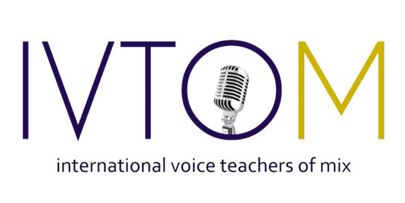Why Voice Therapy for Vocal Cord Dysfunction or Chronic Cough?
Weekly Teaching Tip – June 13, 2016
by Anna Siciliano, SLP
What is Vocal Cord Dysfunction (VCD)?
Vocal Cord Dysfunction means your vocal cords are closing when they should stay open for breathing. Normally when breathing, your vocal folds remain open so air can pass through easily when you inhale or exhale. VCD is often confused with Asthma, but you can have both. The difference between Asthma and VCD is that if you have asthma, your breathing will improve with bronchodilators (medicines that open your bronchioles/lungs). If you have asthma and VCD, your breathing may not improve that much with these medicines.
Symptoms of VCD Include:
• Wheezing or Stridor with more difficulty on inhale than exhale
• Shortness of breath or feeling it is hard to breathe in or out
• Hoarseness
• Frequent cough and throat clear
• Feeling of the throat “closing off”
• Feeling tightness in the throat or chest
Triggers May Include:
• Exposure to strong smells or fumes
• Upper respiratory infections (URI)
• Chronic throat irritation such as throat clear/cough
• Exercise/exertion
• Allergies or post-nasal drip
• Reflux (sometimes you may not be aware you even have this)
• Environmental changes (air pollution, tobacco smoke, temperature changes)
• Stress or emotional changes
• Post-Traumatic Stress Disorder or abuse
Voice Therapy
Our muscles have a memory and the more you cough, the more the muscles in the throat will stay tight. Your speech therapist can teach you techniques to retrain these muscles to relax and stay open, which will help your breathing and/or reduce your cough. Voice therapy can help chronic cough in 75% of cases, despite the cause.
What To Expect From Therapy:
We use a team approach to treating VCD and chronic cough. This includes you (the patient), your doctor, speech-language pathologist, and on occasion, psychologist working together to help you manage your symptoms. You will leave therapy with an increased understanding of your diagnosis and you will learn to be your own therapist in managing your symptoms.
Treatment May Include:
• Education to help you understand your diagnosis, which empowers you as a patient in your treatment
• Viewing of your vocal folds and airway
• Relaxation of tight throat muscles
• Diaphragmatic or relaxed breathing
• Using breathing techniques in different settings and activities, including during exercise
• Presentation of triggers
• An outline of your practice schedule, because it is necessary to practice when you are not having symptoms so you can get them under control before they become severe
• Working with a psychologist for stress management and psychotherapy
• If you have asthma, making sure your asthma is under control
• If you have post-nasal drip or reflux, you may require medications prescribed by your doctor or behavioral lifestyle changes to reduce these triggers

